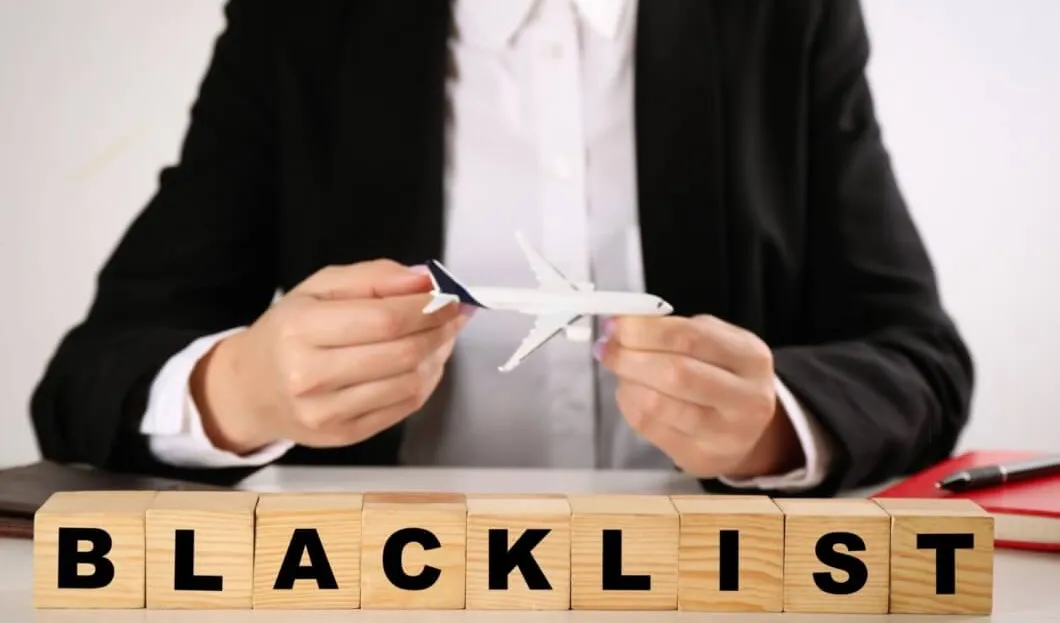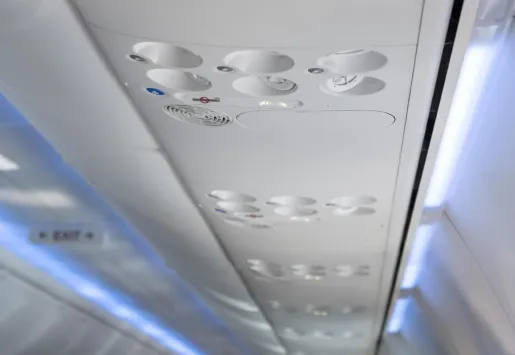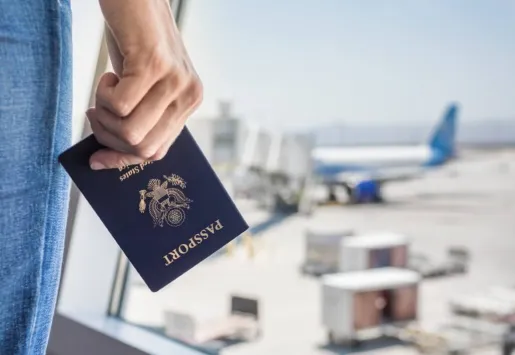
The European Commission has recently updated its list of airlines not allowed to operate within the European Union for failing to comply with international security standards. The main objective of the Commission's aviation security policy is to ensure the highest level of safety for both European and international passengers.
As a result of the latest update, Fly Baghdad has been added to the list of restricted airlines due to safety concerns identified by the European Union Aviation Safety Agency (EASA). This led to the EU denying operating authorization to Fly Baghdad as a Third Country Operator (TCO).
As a part of the update, the EU decided to extend the ban on certified airlines operating in Nepal. This decision has been taken due to the ongoing security concerns observed during the assessment mission to Nepal that took place between September 11 and 15. However, the EU Aviation Safety Committee recognized the proactive efforts of the Nepal Civil Aviation Authority to improve its safety oversight.
The European Union has banned 129 companies from flying. The current EU civil aviation blacklist appears as follows:
Insufficient safety oversight by state aviation authorities has led to 101 airlines across 15 states being blacklisted.
There are currently 22 accredited airlines in Russia on the list, plus six airlines from other countries that have been found to have serious safety deficiencies. The list of airlines from other countries includes Air Zimbabwe (Zimbabwe), Avior Airlines (Venezuela), Blue Wing Airlines (Suriname), Iran Aseman Airlines (Iran), Fly Baghdad (Iraq), and Iraqi Airways (Iraq).
Air Koryo (North Korea) and Iran Air (Iran) can only operate specific aircraft types for flights to the EU due to operational restrictions.
The recent update of the list of airlines banned in the European Union (EU) resulted from a consensus reached by aviation safety experts from member states. These experts gathered in Brussels from November 14–16, 2023, under the guidance of the EU Aviation Safety Committee, led by the European Commission with the support of EASA. The European Parliament's Transport Committee also endorsed the update. Decisions regarding this list align with international safety standards, specifically those of the International Civil Aviation Organization (ICAO).














